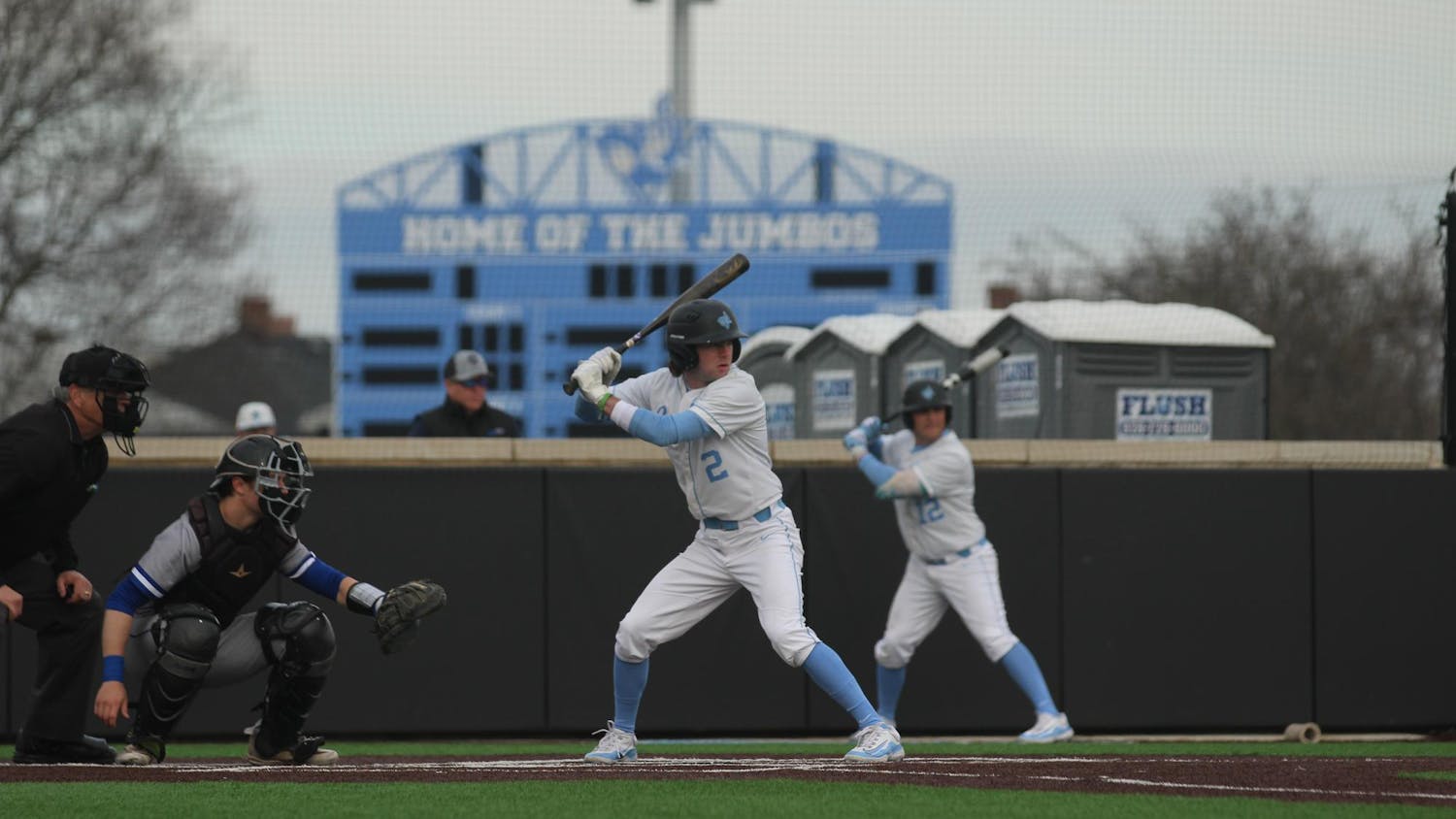FIFA, the world's soccer governing body, on Thursday announced the awarding of the 2018 and 2022 World Cups to Russia and Qatar, respectively. The announcement came as a shock to many observers, who expected the 2018 World Cup to go to more favored bids by Portugal/Spain, Belgium/Netherlands and England.
But the biggest surprise was the awarding of the 2022 competition to Qatar, which beat out the United States, Australia, South Korea and Japan.
The awarding of the bids to Russia and Qatar was a definite disappointment for the losing countries. But no one was likely to be as unhappy as the English, who were eliminated during the first round of voting. They did not try to hide their discontent, and even Sir David Richards, the chairman of the English Premier League, responded angrily to the decision.
"It is a real shame that the greatest nation in world football cannot host the World Cup," Richards told the press after hearing the news. "Why? I don't really know."
The United States, bidding for its first World Cup since it hosted the event in 1994, also came back empty?handed despite being seen as the favorites, alongside the Australians, to earn the 2022 tournament.
Russia's bid was centered on spreading out the Cup, with the host cities organized into clusters. The northern cluster is to be centered on the cities of St. Petersburg and the Baltic enclave of Kaliningrad, perhaps better known by its pre?World War II German name, Konigsberg.
The central cluster will be based around Russia's capital and largest city, Moscow. The city's Luzhniki Stadium played host to the 2008 Champions League final, and the site will again be a venue for the World Cup.
Russia will also have a cluster based around the Volga River, with venues in the cities of Volgograd, Kazan, Yaroslavl, Nizhny Novgorod, Samara and Saransk, and a southern cluster built around the cities of Krasnodar, Rostov?on?don and Sochi, the host city of the 2014 Winter Olympics.
In contrast to the widespread locations of the Russian Cup, the venues in the Persian Gulf state of Qatar will be confined by the size of the smallest country to ever host a World Cup. But while Qatar is small in size, it is a rising force in world sports.
A small peninsula located in the Persian Gulf, Qatar is situated on the world's third largest reserves of natural gas and has substantial oil reserves.
The Qataris have parlayed their wealth into building one of the world's wealthiest states, all the while expanding their sporting infrastructure. Qatar established its own soccer league, the Qatar Stars League, which has been the final stop in the glittering careers of many of Europe's biggest stars, including Marcel Desially, Gabriel Bautista, Ronald De Boer and Stefan Effenberg.
Qatar's bid attracted voters because of its unique ability to allow fans to attend more than one game in a day thanks to the close proximity of the venues. Voters were also attracted by the prospect of having the first World Cup ever to be hosted in the Arab world. While the World Cup will be hosted in June and July, during which temperatures in the Middle East often reach above 110 degrees, the Qataris have plans to build climate?controlled stadiums that will also be carbon neutral.
The choice of these two very different countries to host the world's greatest sporting event is surely going to be one of great controversy, but what can be said for sure is that the whole world will be watching Russia in 2018 and Qatar in 2022. In the meantime, soccer fans have Brazil 2014 to look forward to.





